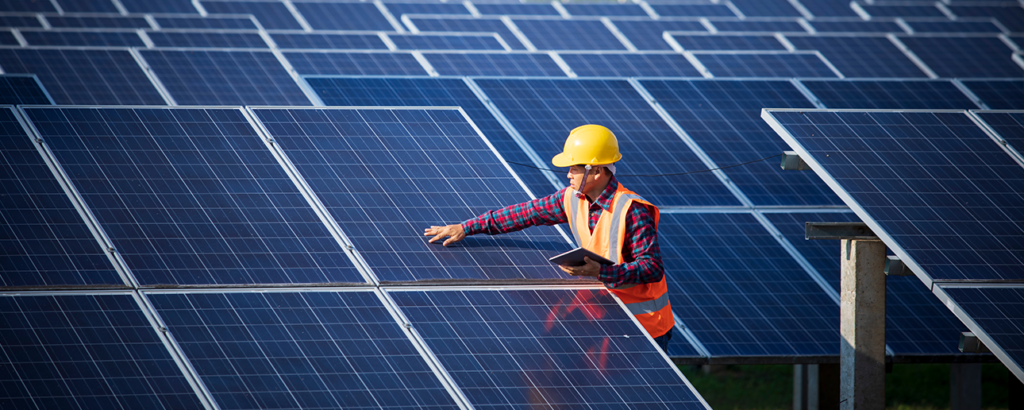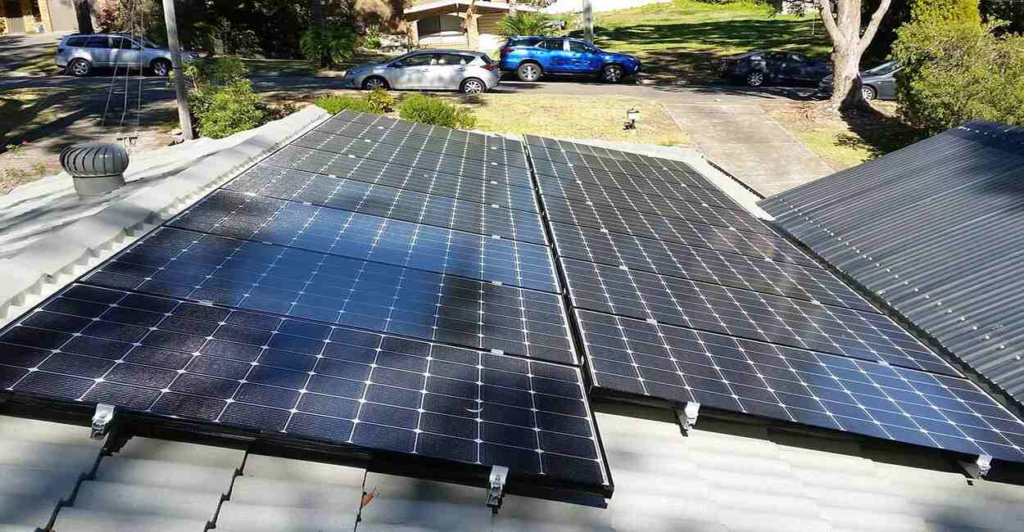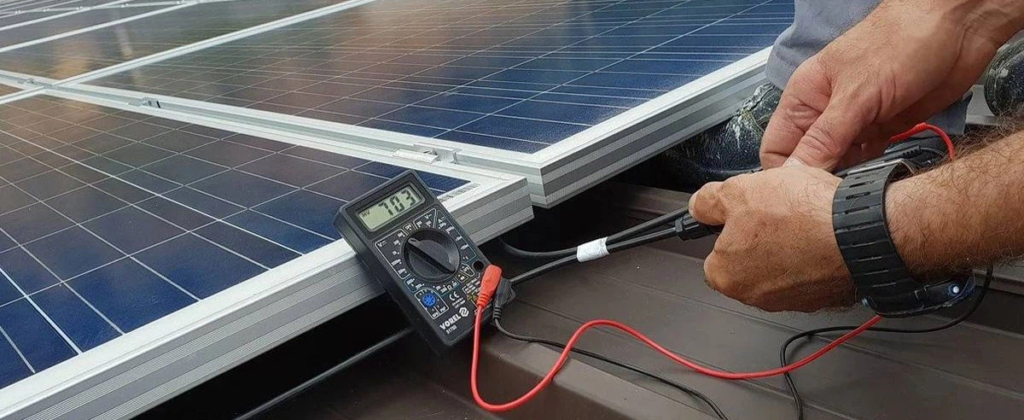How to find out if your solar panels are working ? – 10 Expert Ways
Investing in a solar panel system is a significant step towards reducing your reliance on traditional energy sources and lowering your carbon footprint. However, it’s essential to ensure that your system is working efficiently to maximize its benefits. But How to find out if your solar panels are working? Here are 10 valuable tips to help you find out.
10. Check the Inverter Display:

The inverter display is a crucial component of your solar panel system, providing valuable insights into its performance. Checking the inverter display is an essential step in determining whether your solar panels are working efficiently. The display typically shows the amount of power being generated, the voltage and current output, and any error messages. By monitoring the inverter display, you can quickly identify any issues or anomalies that may be affecting your system’s performance.
09. Monitor Your Energy Bills:

Keeping a close eye on your energy bills is a straightforward way to determine if your solar panel system is working efficiently. Compare your current energy bills to those from before the solar panel installation. If your bills have decreased significantly, it’s a good indication that your solar panels are generating enough energy to meet your needs. Look for any unusual fluctuations or increases in your energy bills, which could signal a problem with your solar panel system.
08. Use a Monitoring System:

Leveraging a monitoring system is a straightforward way to gauge the efficiency of your solar panel setup. These systems provide instant insights into your energy output, enabling you to track your solar panels’ performance in real-time. By keeping tabs on the system’s productivity, you can swiftly pinpoint any irregularities, such as dips in energy production or system downtime. This allows you to take prompt action to rectify any issues, ensuring your solar panel system operates at peak levels and maximizes your energy savings.
07. Inspect the Solar Panels:

Regularly inspecting your solar panels is essential to ensure they are working efficiently. Look for signs of damage, such as cracks, broken glass, or corroded frames, which can significantly reduce energy output. Additionally, check for dirt, dust, and debris accumulation, which can block sunlight and impair panel performance. Cleaning the panels regularly can help maintain optimal energy production. It’s also crucial to verify that all panels are securely fastened and properly aligned to maximize sunlight exposure.
06. Check for Shading:

Regularly inspect your solar panels to ensure they are receiving adequate sunlight. Check for any shading caused by trees, buildings, or other obstructions, as this can significantly reduce energy production. Clear any debris, trim trees, or adjust panel angles as needed to optimize energy output.
05. Verify the System’s Age:

Verifying the system’s age is a crucial step in determining whether your solar panel system is working efficiently. Over time, solar panels can degrade, reducing their energy production capacity. Most solar panels come with a warranty that guarantees a certain level of performance over a specified period, typically 20-25 years.
04. Look for Error Messages:

Regularly inspecting your solar panel system’s error messages is crucial to ensure it’s working efficiently. Check the inverter display or monitoring system for any error codes, warnings, or alerts. These messages can indicate issues such as faulty wiring, overheating, or malfunctioning components. Identifying and addressing these problems promptly can help prevent further damage, reduce energy losses, and even extend the lifespan of your solar panel system.
03. Check the DC Voltage:

Checking the DC voltage is a crucial step in determining if your solar panel system is working efficiently. Using a multimeter, compare the measured voltage to the rated voltage of the solar panel system, which can be found in the system’s documentation. If the measured voltage is significantly lower than the rated voltage, it may indicate a problem with the solar panels, wiring, or other system components. Conversely, if the measured voltage is higher than the rated voltage, it could be a sign of a malfunctioning charge controller or other system issue.
02. Verify the Grid Connection:

Verifying the grid connection is a crucial step in determining if your solar panel system is working correctly. Ensure that the grid connection is secure and functioning properly, as a faulty connection can prevent your system from feeding electricity back into the grid. Check the connection points, such as the inverter and the grid tie, for any signs of damage, wear, or corrosion. Additionally, verify that the system is properly synchronized with the grid, as a desynchronized system can also prevent proper functioning.
01. Schedule Regular Maintenance:

Scheduling regular maintenance is essential to ensure your solar panel system operates at maximum efficiency. A professional solar technician can inspect your system, clean the panels, and perform any necessary repairs to guarantee optimal performance. Regular maintenance can help identify potential issues before they become major problems, reducing downtime and extending the lifespan of your solar panel system.
10 Tips To Find Out That Is Your Solar Panels Are Working Or Not?
- Check the Inverter Display
- Monitor Your Energy Bills
- Use a Monitoring System
- Inspect the Solar Panels
- Check for Shading
- Verify the System’s Age
- Look for Error Messages
- Check the DC Voltage
- Verify the Grid Connection
- Schedule Regular Maintenance

